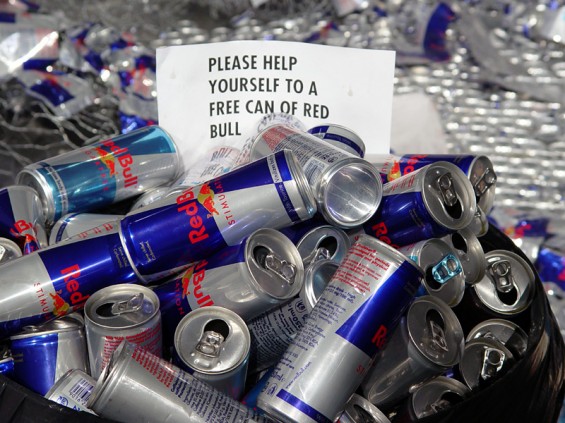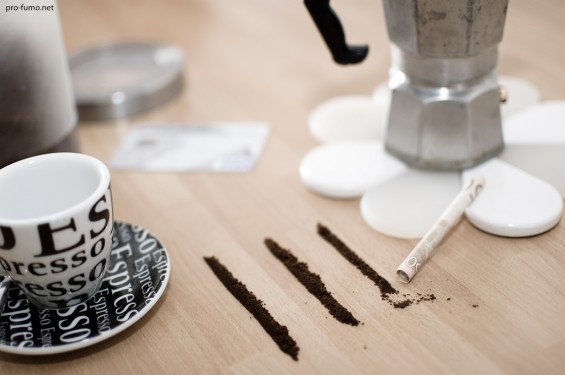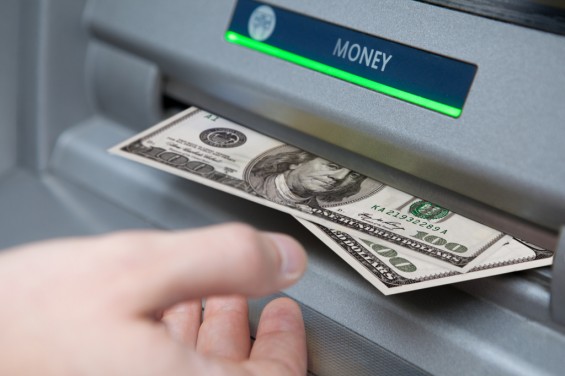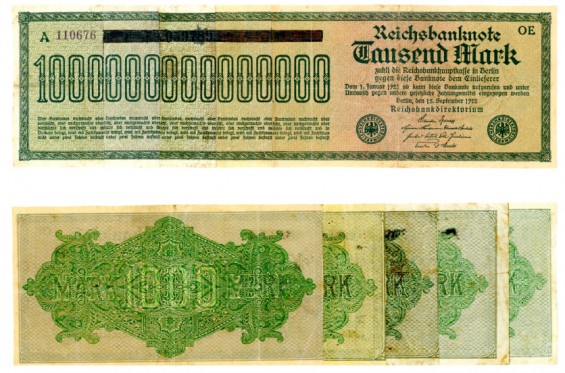
Red Bull Energy Drink Class Action Settlement:
A $13 million settlement has been reached in two consumer class action lawsuits that allege Red Bull North America Inc. misrepresents the functionality and safety of its Red Bull energy drinks.
The Red Bull class action lawsuit took issue with the beverage maker’s promises that “Red Bull gives you wings” and that it “vitalizes body and mind” due to its unique mixture of ingredients that could supposedly improve a consumer’s mental and physiological performance. However, the plaintiffs allege Red Bull is no more effective than a cup of coffee or a caffeine pill.
(…)
Class Members who submit valid Claim Forms may choose from one of two benefits:
(1) A cash reimbursement (in the form of a check) of $10; or
(2) Free Red Bull products with a retail value of approximately $15.
(…)
Proof of Purchase: None required. However, Class Members must attest under penalty of perjury that they are a member of the Settlement Class.
(Picture CC Damien du Toit, via)













